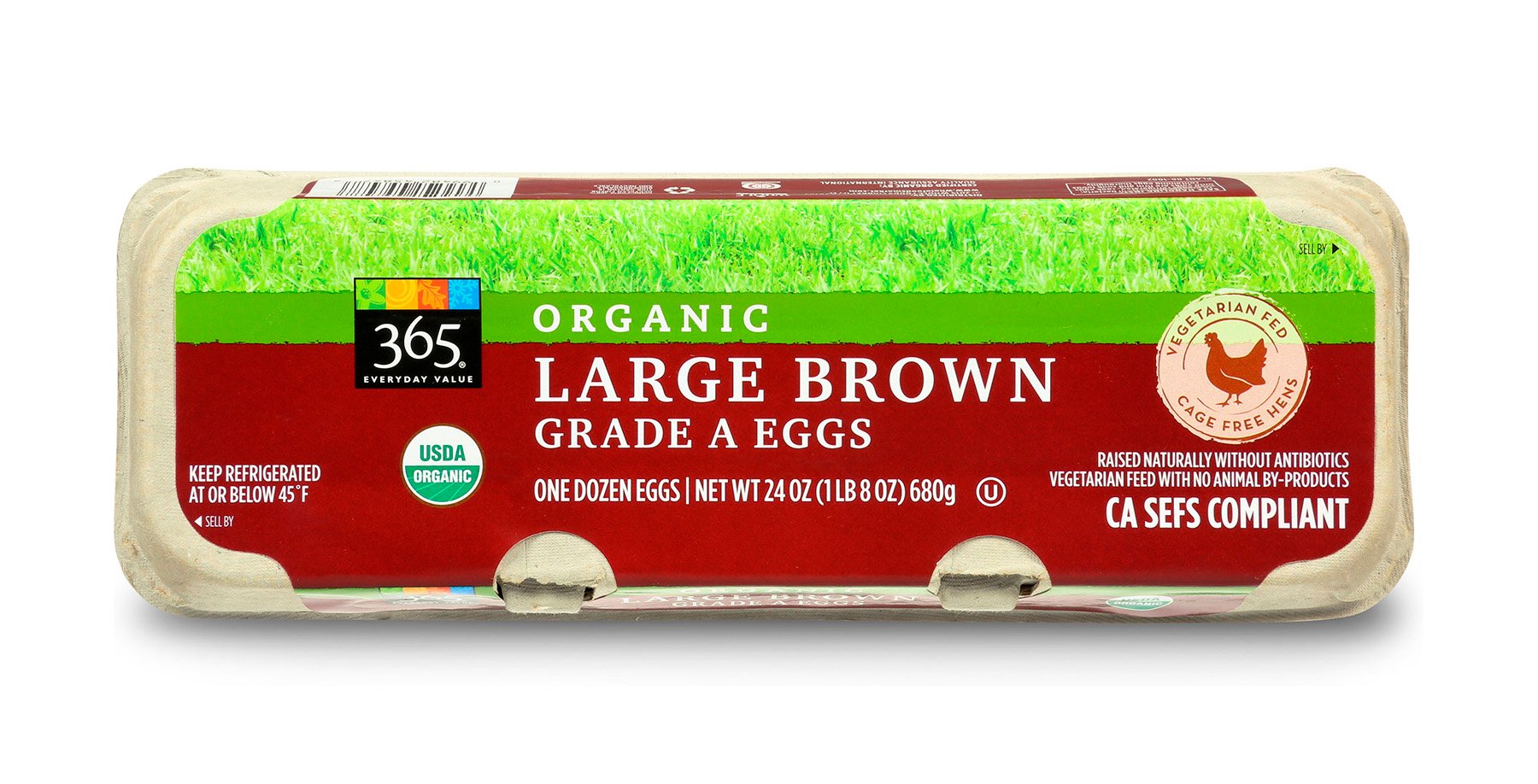Depending on how you look at it, Whole Foods Market (WFM +0.00%) investors either received a blessing or a curse last week, after disappointing earnings sent the stock falling almost 20%. Obviously, it's never fun to watch a stock you own lose a fifth of its value in a single day, but if the business is still sound, it presents a great opportunity to add to your position, or start one if you haven't already. Read on to see why I believe Whole Foods investors are being presented with just such an opportunity.
The bear case
There's no denying the fact that Whole Foods has some challenges ahead. The company used to only really compete with other premium grocers, but now, everyone from Wal-Mart to Trader Joe's is a potential competitor, as the lower end of the grocery retail space has begun adding more organic options.
This is a long-term problem that isn't going to go away. Largely thanks to Whole Foods itself, the grocery industry has made a likely permanent change toward healthier food. That's great for consumers, but it's had the effect of drying up the moat around Whole Foods' business. Why buy the same organic pasta at "Whole Paycheck" that you can get for significantly less on sale at Wal-Mart or Safeway?
In order to fend off lower-priced rivals, Whole Foods has had to fight fire with fire and lower its own prices. Thus, even as Whole Foods reached record sales this quarter, gross margin fell by 52 basis points, ultimately leading to flat earnings growth.
Flat earnings growth is not what investors want to see from a company with a price-to-earnings ratio roughly twice that of the market average. Even after the market reaction, the company's P/E is still quite high, and the price-to-earnings-to-growth ratio sits at 3.0. Anything over 1.0 is considered higher than the growth would warrant, so Whole Foods would still seem overvalued.
The bull case
The bull case, to put it bluntly, is that this is still Whole Foods.
Even after revising its 2014 outlook lower for the third time, the company is still expecting double-digit sales growth for the year. Granted, it came close to that this quarter with no growth in earnings, but the expectation is that as the company lowers prices to attract new customers, the sales growth will eventually overcome the margin compression. And with a gross margin of 35.8% this quarter, Whole Foods has margin to spare. Only one competitor (The Fresh Market) comes close to that, and Whole Foods still has a 200-basis-point lead.
It's likely the needed sales growth will come as the company continues "investing" in price cutting. While it's true that grocery products are fungible in the sense that it doesn't matter if you buy a box of organic pasta from Whole Foods or that same box from a competitor, Whole Foods isn't just selling products out of a void. Whole Foods also sells a certain experience that customers aren't going to get from cheaper competitors. It's easy to laugh at the idea of knowing exactly where your free-range salmon came from, or what the name of your Kobe beef's masseuse was, but at a certain price point, I think a lot of people would rather have that shopping experience than whatever Wal-Mart offers.
Growth will also come from expansion, as the company grows from an expected 398 stores at the end of this year to 575 by 2018, and a long-term goal of 1,200 in the United States. That, coupled with gradually lower operating costs intended to offset lower gross margin, will see the company to $2.2 billion in EBITDA by 2018, according to its vision statement.
Obviously, after three recent downward revisions, its track record for future estimates isn't that great, and it's anyone's guess what will happen by 2018, so that EBITDA should be taken with a grain of salt. But even with today's numbers, the company has an enterprise value-to-EBITDA ratio of 10.6, only a modest premium over low-end competitors that have less growth potential.
The Foolish bottom line
Let me be clear: I don't think Whole Foods is a screaming buy right now. The challenges it will face over the next few years are not to be taken lightly, and the market has punished the stock in part over worries that the company is in fact taking these challenges lightly. Even after that punishment, the stock still carries a premium valuation. But if you believe Whole Foods is unique within the grocery industry, it sure is tempting to buy the stock at its lowest valuation in years.






